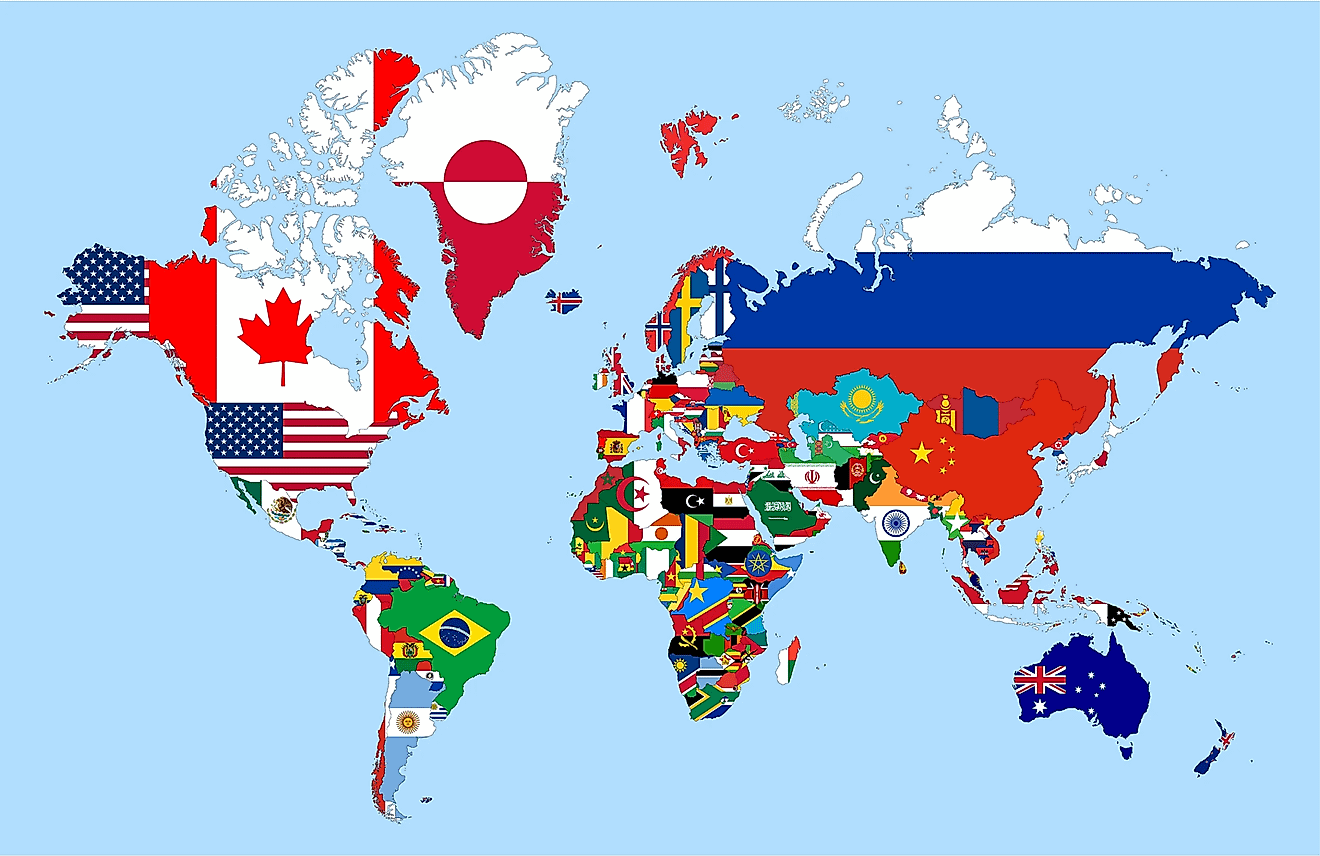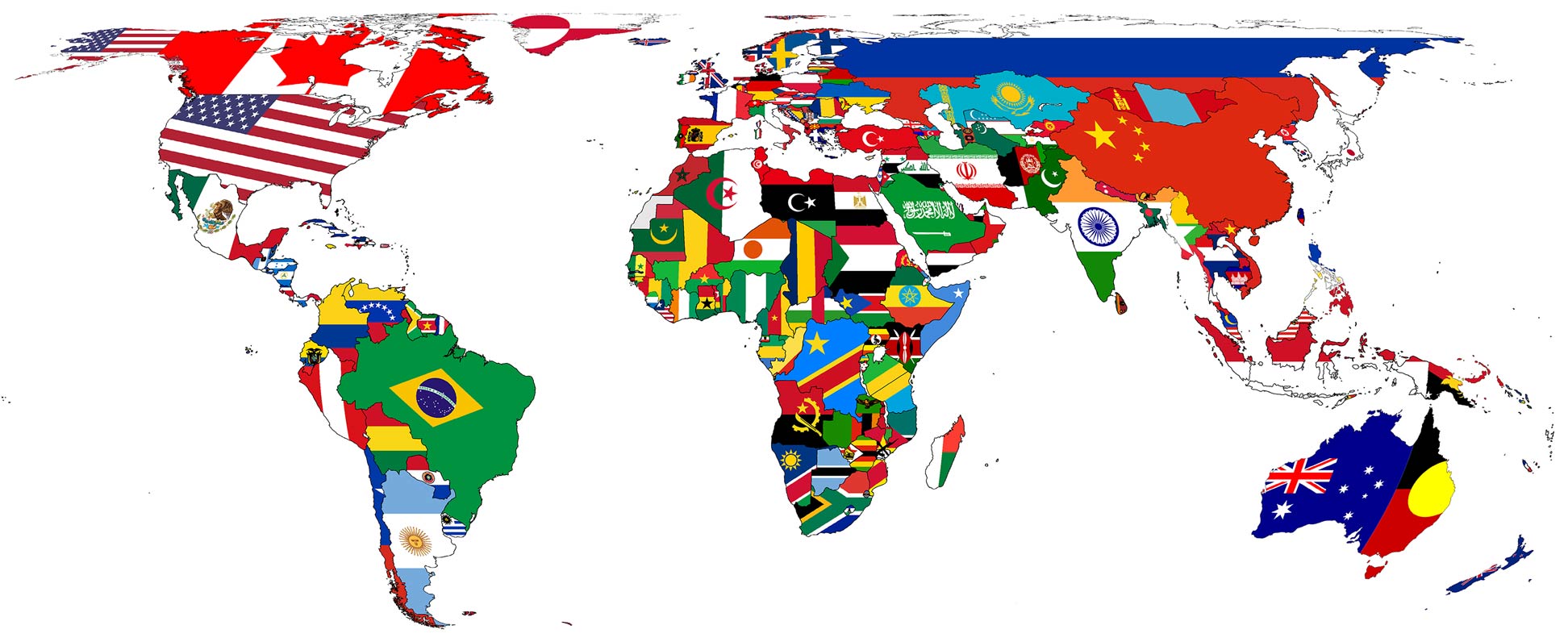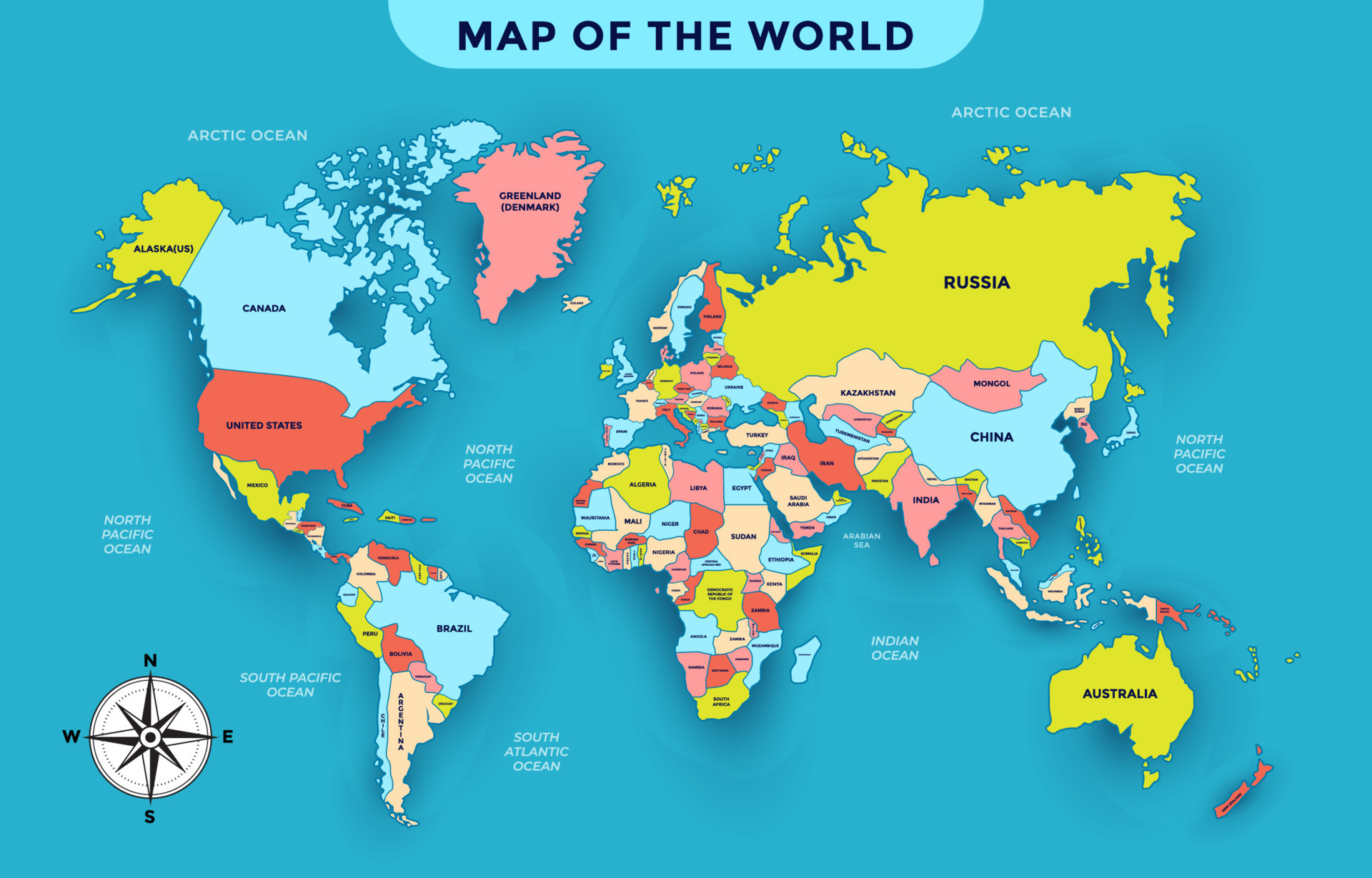Understanding 'Country DTI': What Does 'Country' Really Mean?
Have you ever stopped to truly think about the word "country"? It seems so simple, doesn't it? Yet, when you really look at it, the meaning can actually shift quite a bit depending on who's using it or what they're talking about. This little word, "country," has a rather fascinating story, and understanding its various shades can clear up a lot of common confusions. So, we're going to explore what we call 'country dti' – that's the discussion, terminology, and implications of this everyday word.
You know, it's almost like a chameleon, this word "country." One moment it refers to a big, independent land, and the next, it's talking about a smaller place with its own special feel, but perhaps not all the independence you might think. We see this play out in how different places are talked about, and it's quite interesting to see how language shapes our view of the world, isn't it?
This whole idea of what "country" truly means can pop up in all sorts of unexpected spots. Maybe you're filling out an online form, or perhaps you're just chatting about world events, and suddenly, you might wonder if everyone's on the same page. It’s a bit of a puzzle, but one that’s actually quite fun to figure out, and understanding it can really help you make sense of things.
Table of Contents
- The Nuance of 'Country' vs. 'State' and 'Nation'
- Country as a Region or Identity
- Practical Implications for You
- Frequently Asked Questions About Country DTI
- Conclusion: The Ever-Shifting Meaning of 'Country'
The Nuance of 'Country' vs. 'State' and 'Nation'
When we talk about a "country," it's easy to assume we're always referring to a fully independent place, a sovereign entity. Yet, that's not always the case, is it? The English language, you see, has some rather specific words for these different ideas, and "country" is actually quite flexible. It's almost as if it likes to keep us on our toes, you know?
Sovereignty and Official Terms
For something truly independent, like a place that governs itself completely, the official terms in international law are often "State" or "sovereign state." So, when you hear about the United Nations, they talk about "Member States," not typically "Member Countries." This is a very important distinction, as a matter of fact, because it points to the legal standing of a place on the world stage.
Consider, for example, the United Kingdom. It's a single sovereign state, yet its own government website will tell you that it's made up of four "countries." That's Scotland, England, Wales, and Northern Ireland. So, in this context, "country" refers to a distinct part within a larger political unit, each with its own history and identity. It's a bit like saying "four nations in one country," as someone like David Cameron once did, which really makes you think about the layers involved, doesn't it?
Then there's "nation." This word often brings to mind a group of people who share a common culture, language, or history. They might feel a strong sense of belonging together. So, you could have a "nation" of people who don't necessarily have their own "State" or independent "country." It's about shared identity, you see, which is a rather powerful thing in itself.
When 'Country' Means More Than Just a 'State'
It turns out, the word "country" can stretch its meaning quite a bit. It doesn't always have to be about full independence. Sometimes, it can describe places that have a good amount of freedom and a unique way of life, but they're still under the bigger umbrella of another sovereign state. This is where things can get a little less straightforward, honestly.
This broader sense of "country" is something we encounter more often than you might think. It's about recognizing distinct areas that, while not fully independent nations in the legal sense, definitely have their own character and some level of self-governance. It's a bit like saying, "Yes, it's part of a bigger whole, but it's also its own distinct place," you know?
Country as a Region or Identity
The flexibility of the word "country" really comes into play when we start talking about regions or even cultural identities. It's not just about lines on a map or legal definitions; it's also about how people perceive places and how those places are presented to the wider world. This is where the 'dti' part of 'country dti' gets really interesting, as a matter of fact.
Online Platforms and Regional Listings
Have you ever noticed how some online brands or services ask you to pick your "country," and then they list places like Hong Kong (HK) or Taiwan (TW) separately? This can be a bit confusing if you're only used to "country" meaning a fully independent nation. Yet, if you look closely, some dictionaries, like the Oxford Advanced Learner's Dictionary, do show that "country" can also mean "region." So, it's not entirely out of the blue, is it?
This practice by online platforms often reflects the unique status of these regions. They have their own distinct economies, legal systems, and cultural identities, even if their political sovereignty is a more complex matter. So, for practical purposes, like shipping or currency, treating them as separate "countries" or "regions" makes a lot of sense for businesses. It's a practical approach, pretty much, to a nuanced situation.
When you see "country and region" listed together, like some websites do, it's a clear way to handle this very distinction. It acknowledges that some places might not be independent "states" but certainly function as distinct "regions" for various purposes, like setting up an account or choosing your preferred content. This approach, you know, aims for clarity in a world where political definitions can be rather tricky.
The World of Countryhumans
Moving to a very different, yet related, idea, there's a whole community online called "Countryhumans," or "ch" for short. This is a creative space that started on platforms like YouTube. Basically, people personify countries. They draw them as characters, often with a simple "ball head" look, where the country's flag is drawn on the head. It's a way of giving a human face to national identities, which is rather clever, don't you think?
While there isn't one single, official way to draw or characterize each country in the "Countryhumans" community, some ideas become widely accepted. It's a fun way to explore different national traits and relationships, and it really shows how people think about countries beyond just their political borders. It's a creative outlet, you know, that taps into a shared understanding of national character.
Practical Implications for You
All this talk about the different meanings of "country" isn't just for academics; it actually has some very real, everyday impacts. From sending mail to accessing your favorite online services, understanding these nuances can save you a good deal of frustration. So, let's look at how this 'country dti' plays out in your daily life, as a matter of fact.
Getting Your Address Right
One common area where the meaning of "country" really matters is when you're writing an address, especially for international mail. In many places, addresses go from the biggest part to the smallest, like Country, Province, City, Street, House Number. But, here's a little trick: when you write an English address, it's often the opposite! It goes from the smallest detail to the biggest. So, you start with the house number, then the street, then the district, then the city, and finally the country. This is a very common point of confusion, honestly.
For example, if you had an address like "X国X省X市X区X路X号" in Chinese, in English, you'd flip it around to something like "X House Number, X Road, X District, X City, X Province, X Country." Getting this order right is pretty important to make sure your mail gets to where it needs to go. It's a simple change, but it makes all the difference, you know?
Sorting Out Online Access Issues
Have you ever tried to use an online service, like Spotify or Gemini, and gotten a message saying something like "wrong country settings" or "not supported in your region"? This is a common problem, and it often comes down to how these services define "country" or "region" based on your IP address. It's frustrating, to say the least, when you can't access something you want to use.
If you're facing a message like "Gemini currently does not support access from your region," or if you're wondering if your IP address is being seen as being from a particular country, there are ways to check. This involves looking at how your internet connection's location is being interpreted by these online platforms. It's about making sure your perceived "country" or "region" matches what the service expects, which can be a bit of a headache sometimes, you know?
Sometimes, these issues can be resolved by checking your account settings or even using tools that help you see what country your IP address appears to be from. It's really about understanding the digital geography that these services use. Learning more about how IP addresses work can be quite helpful here, and you might also want to check out specific support pages for services like Spotify if you're running into trouble. These kinds of problems, honestly, are rather common in our connected world.
Frequently Asked Questions About Country DTI
People often have a lot of questions about the word "country" and its different meanings. Here are some common ones that really get to the heart of 'country dti':
Is "country" the same as "state" or "nation"?
Not exactly. While they often overlap, "country" is actually quite flexible. A "State" or "sovereign state" is a legal term for a fully independent political entity. A "nation" typically refers to a group of people who share a common culture or identity. So, a "country" can be a sovereign state, or it can be a distinct region within a larger state, like Scotland within the UK. It's a bit like different layers of meaning, you know?
Can "country" refer to a region without full sovereignty?
Yes, it certainly can! The English word "country" can describe a place with its own unique culture and some level of self-governance, even if it's not a fully independent "State." This is why you might see online forms list places like Hong Kong or Taiwan as separate "countries" or "regions," because they function distinctly for many practical purposes, like commerce or local laws. It's a very practical use of the word, actually.
Why do some online platforms list places like HK or TW as "countries"?
Online platforms often do this for practical reasons, honestly. Places like Hong Kong or Taiwan have their own distinct economic systems, currencies, and often separate legal frameworks. So, even if their political status is complex, for things like shipping, billing, or content access, treating them as separate "countries" or "regions" helps services operate more smoothly. It's about making things work for users and businesses, more or less, in a global context.
Conclusion: The Ever-Shifting Meaning of 'Country'
So, as we've seen, the word "country" is far more interesting and varied than it first appears. It's not just a simple label for a place; it carries different layers of meaning depending on the context. From legal definitions of "State" to cultural ideas of "nation," and even how online services classify regions, "country" truly is a word with many facets. It's a good reminder to always consider the full picture when you hear or use it, isn't it? Understanding these nuances can really help you make sense of the world around you, and that's a pretty valuable thing, you know?

How Many Countries Are There In The World 2023 - PELAJARAN

A-Z list of Countries and Regions in the World :: Nations Online Project

World Map with Country Names 20833849 Vector Art at Vecteezy